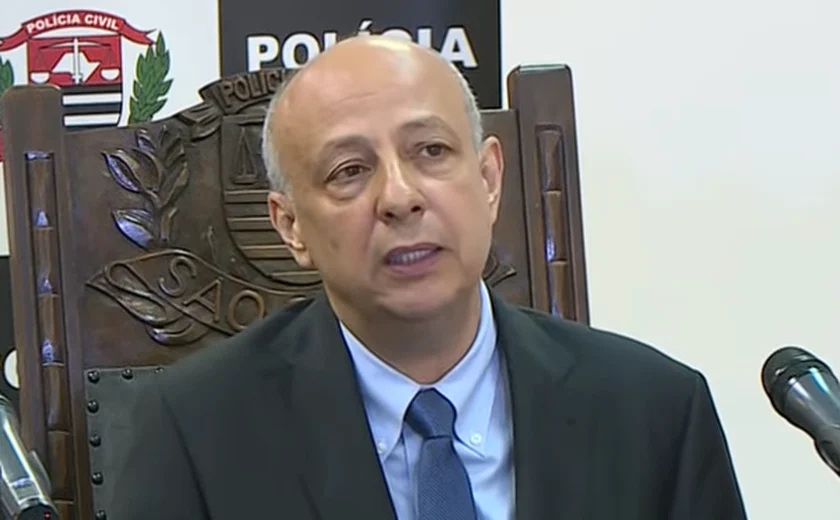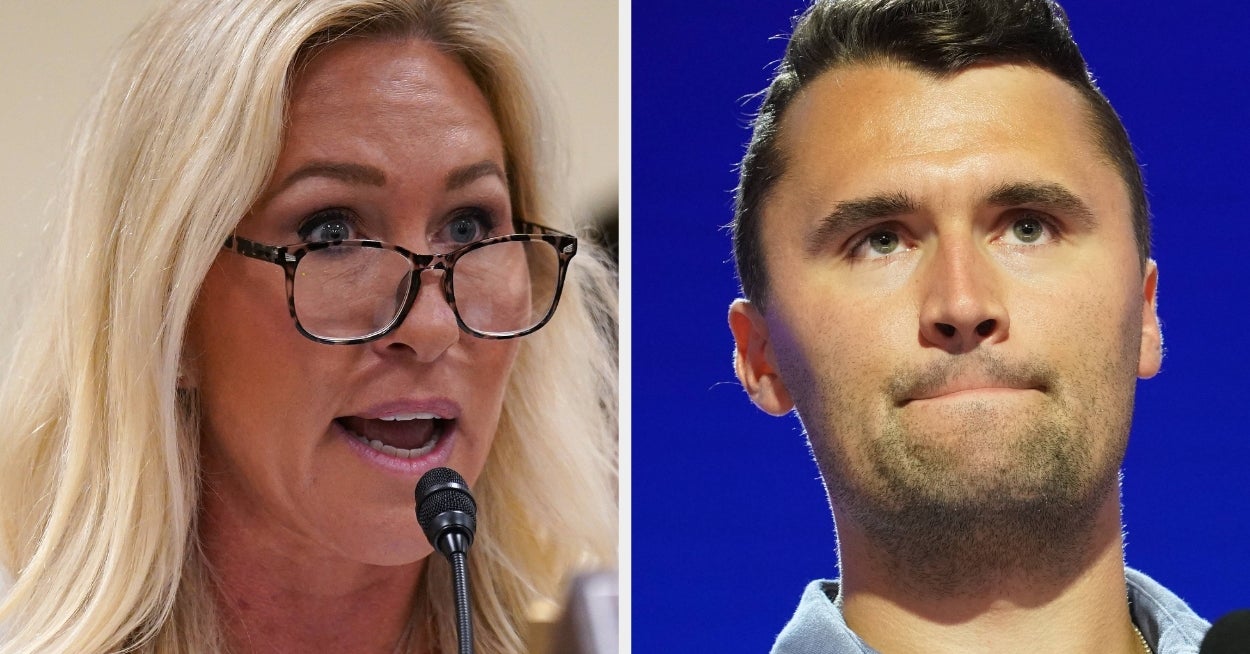By Siam Goorwich
Copyright thejc

The BBC has refused to rule out the possibility that it will boycott Eurovision 2026 if Israel takes part. Responding to a request from the JC, a BBC spokesperson said: “We are aware of the various views and concerns which have been expressed in recent days in relation to next year’s Eurovision. “At this stage, we will continue to be part of the discussions, led by the European Broadcasting Union, with other members and broadcasters.” But they added: “Eurovision has never been led by politics, it has been – and is – a celebration of music and culture that brings people together from across the world.” The BBC’s statement comes just days after Ireland’s national broadcaster RTE announced that it would not take part in next year’s competition if Israel were to be included. “RTE feels that Ireland’s participation would be unconscionable given the ongoing and appalling loss of lives in Gaza,” it said in a statement. “RTE is also deeply concerned by the targeted killing of journalists in Gaza, and the denial of access to international journalists to the territory, and the plight of the remaining hostages.” Responding to the news, Eurovision Song Contest director Martin Green said: “We understand the concerns and deeply held views around the ongoing conflict in the Middle East. We are still consulting with all EBU Members to gather views on how we manage participation and geopolitical tensions around the Eurovision Song Contest. “Broadcasters have until mid-December to confirm if they wish to take part in next year’s event in Vienna. It is up to each member to decide if they want to take part in the contest and we would respect any decision broadcasters make.” Earlier this year, Germany and Italy reportedly came out in defence of Israel – alongside Switzerland and Austria, which had previously stated their support – telling the European Broadcast Union (EBU), which operates Eurovision, that they would withdraw from Eurovision if Israel’s broadcaster, Kan, were to be excluded without clear legal grounds. Explaining why Israel was included in the competition despite not being part of Europe, the EBU explained: “The Eurovision Song Contest is open to all members of the European Broadcasting Union which represents broadcasters from right across Europe and the Middle East. “The Israeli public service broadcaster has been a member of the EBU since 1957 and has participated in the Eurovision Song Contest for 50 years.” The basis for removing Israel from the competition would be if Kan – Israel’s national broadcaster – was not truly independent (as was deemed in the case with Russia and Belarus, whose national broadcasters were designated propaganda arms of their respective regimes). However, Kan maintains that it fully complies with EBU regulations and emphasises its editorial independence from the Israeli government. Media group SWR, which broadcasts Eurovision in Germany, said: “The responsibility for broadcasting the Eurovision Song Contest (ESC) lies with ARD, with the SWR taking the lead in its organisation. The ESC has been a major musical event for decades, connecting people across Europe and beyond through diversity, respect, and openness, regardless of origin, religion, or beliefs. It is a competition organized by EBU broadcasters, not by governments. “As a member of the European Broadcasting Union (EBU), ARD supports the consultation process that has been initiated and the decisions to be made by the EBU. The goal is to reach a well-founded and sustainable agreement that aligns with the values of the EBU.”



